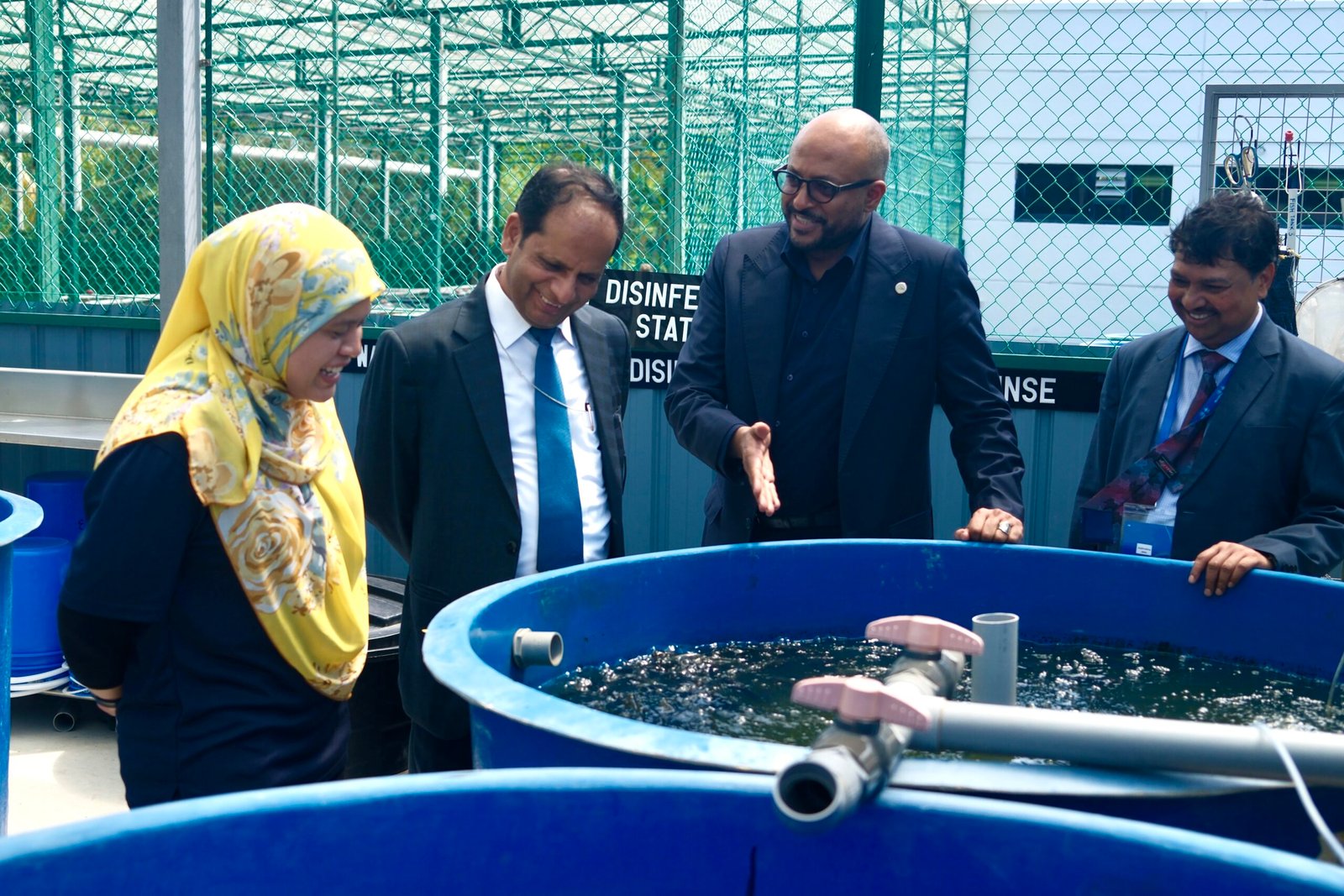Inside BENEO’s new pulse plant: pioneering sustainable protein from faba beans
The 2024-2028 work plan outlines research activities in collaboration with three ICAR institutes: Central Inland Fisheries Research Institute, Central Institute of Fisheries Technology, and Central Institute of Freshwater Aquaculture
India has quietly risen in rank as the second largest fisheries and aquaculture producer in the world at 14.4 million tonnes in 2021. The country is now looking to take its fishing sector to the next level, aiming to fully harness the potential of aquatic food systems for sustainable development and boost incomes to uplift millions left behind by its booming economy. A recent visit to WorldFish research facilities by a delegation led by Dr Himanshu Pathak, Secretary, Department of Agricultural Research and Education and Director General, Indian Council of Agriculture and Research (ICAR), Government of India, explored strengthening of research ties and collaboration with WorldFish, attesting to the commitment of India.
The delegation, visiting WorldFish headquarters in Penang, on July 18, 2024, shared its vision and priorities with WorldFish scientists and toured its cutting-edge aquaculture research labs for aquatic animal genetics, health and feed.
“We want to sustainably increase production and adapt our fisheries and aquaculture to climate change. And for this, we are seeking the latest in science and technologies from around the world to fulfil these objectives,” said Dr Pathak.
With the second largest aquaculture sector in the world, mostly farming carp and prawns, India is also well-positioned to share its experience and technical expertise with other countries aspiring to unleash their blue economies—in the spirit of South-South collaboration.
The visit follows the signing of a 5-year joint work plan in June 2024 between ICAR and WorldFish, initiating the implementation of a second five-year research collaboration after the recently completed 2019-2023 cycle. The 2024-2028 work plan outlines research activities in collaboration with three ICAR institutes: Central Inland Fisheries Research Institute, Central Institute of Fisheries Technology, and Central Institute of Freshwater Aquaculture.

